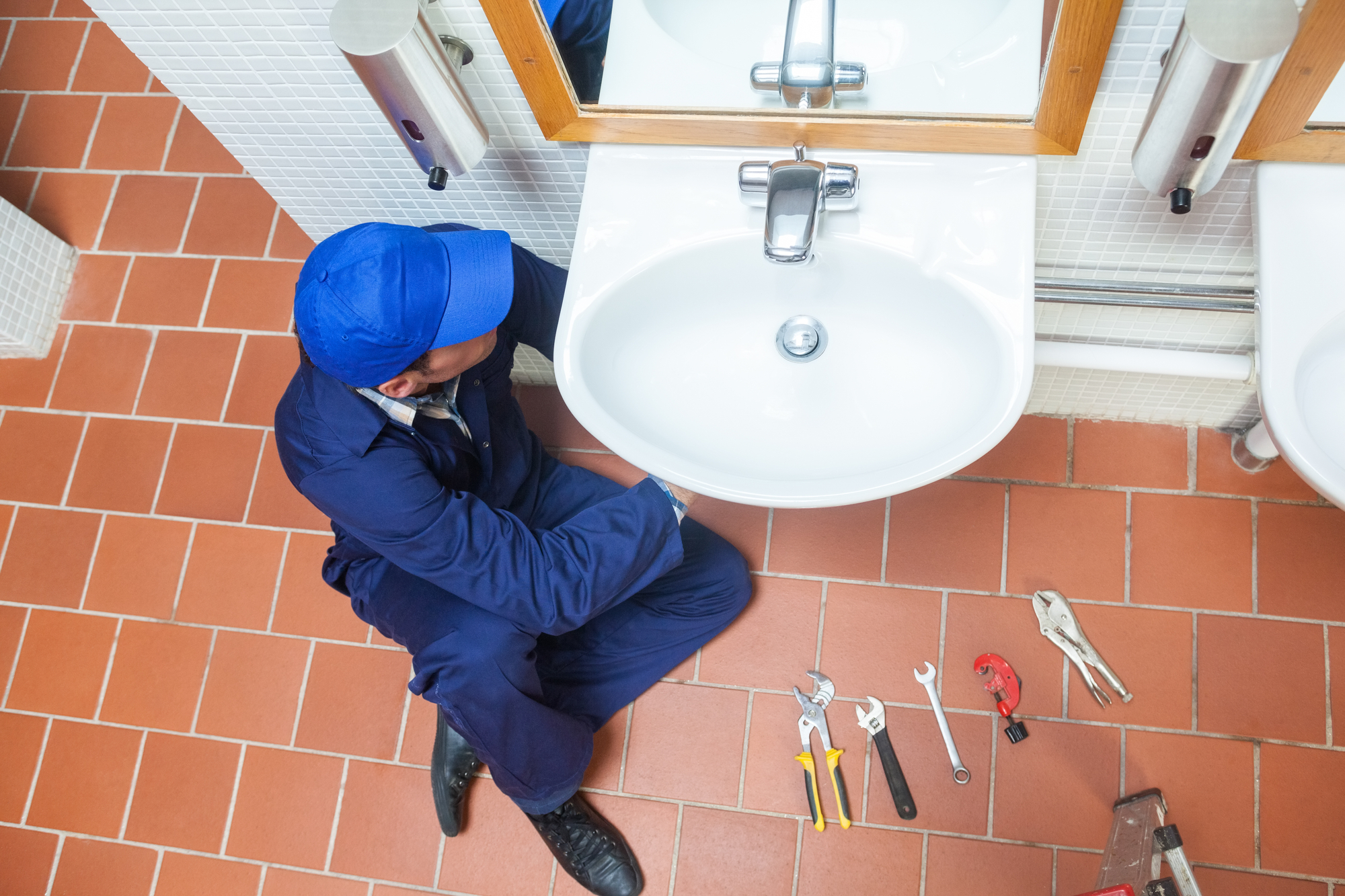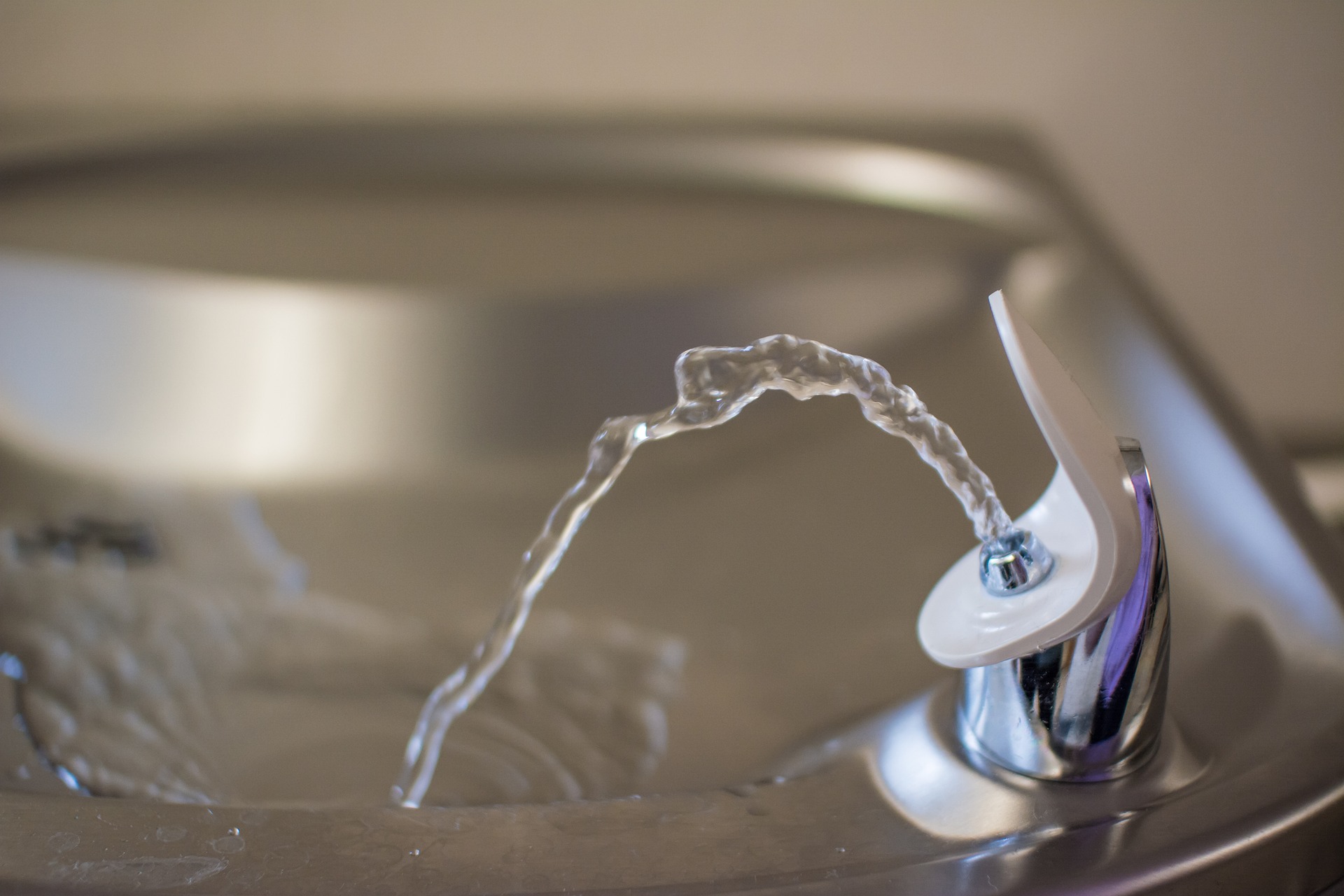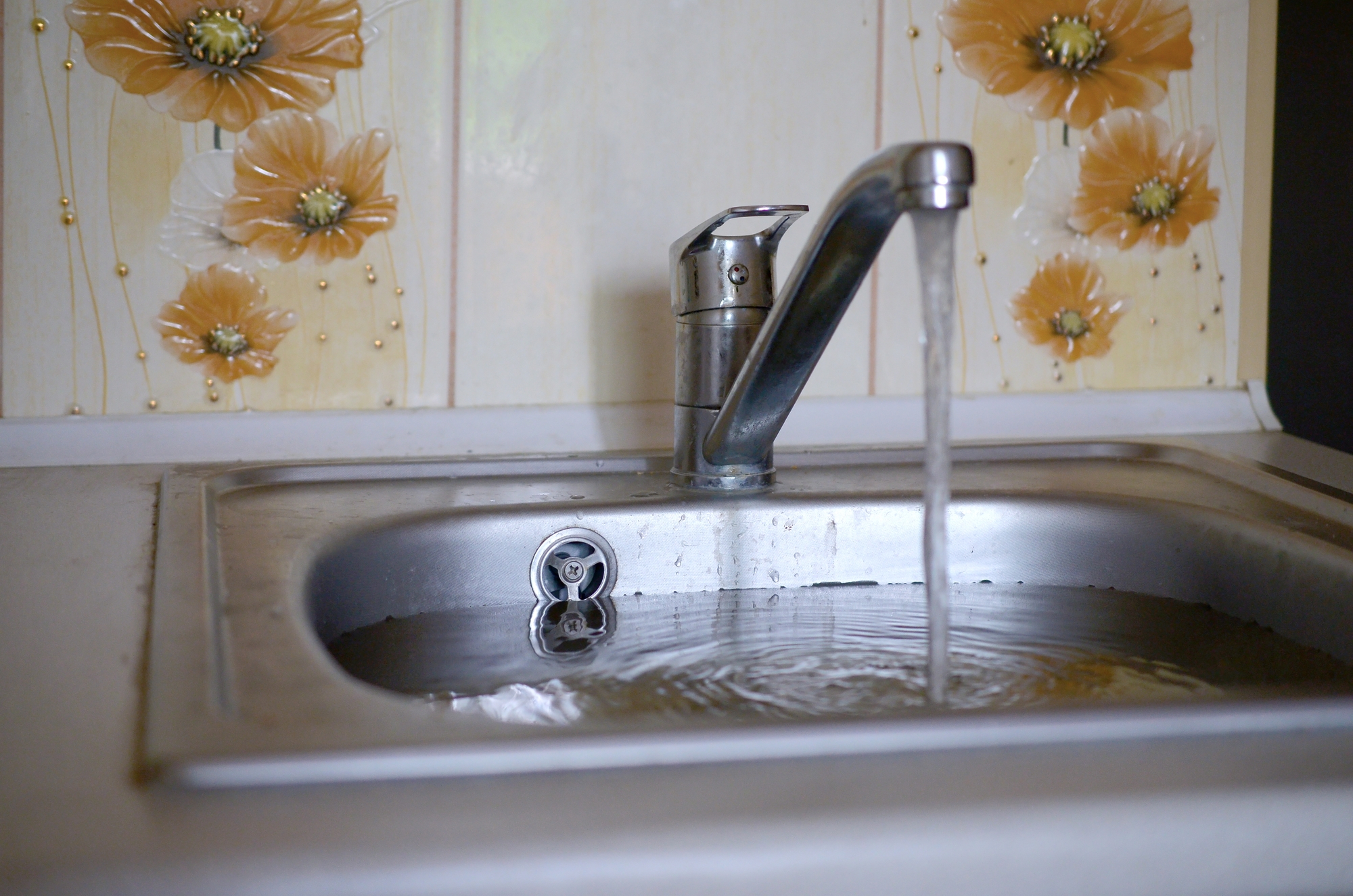As you cook, clean dishes or do anything else in the kitchen, you expect your kitchen sink to be clean and free of unpleasant odors. A foul smell from your sink can be annoying and unpleasant, and it can quickly consume your entire kitchen. Not only is it an annoyance, but it could also indicate the presence of harmful bacteria that could pose serious health risks to your family. If you have noticed a bad smell coming from your kitchen sink, here are five reasons why your kitchen sink smells and what you can do about it:
1. Accumulated Food Particles
One of the most common causes of kitchen sink smells is accumulated food particles. When you wash dishes in the sink or dispose of excess food, it can collect in the drain and trap and become a breeding ground for bacteria. In a few days, this can result in a foul odor coming from your sink.

Solution: To avoid a buildup of food particles, always scrape off food scraps and debris into the trash or set up a garbage disposal system so that they can be properly disposed of. Additionally, you can use a sink filter that collects food debris and traps it before it can go down the drain.
2. Grease Build-Up
Grease from cooking oil can be a major cause of bad smells from your sink. Grease can stick to the pipes, trap food particles, and create a breeding ground for bacteria and mold, resulting in a foul odor.
Solution: Try to avoid pouring cooking fat or grease down the drain. Instead, dispose of excess grease in a separate container and then throw it away. You can also use a drain cleaner to dissolve grease buildups and freshen up your sink.

3. Clogged Drain
Over time, hair, food particles, oils, soap scum, and other debris can accumulate in the drain and cause blockages. The buildup can prevent water from draining properly and create an environment for the growth of bacteria, leading to smells.
Solution: If you notice that your sink is slower to drain than usual or has stopped completely, it is likely that there is a blockage in the drain. Use a plunger or drain snake to remove the blockage or call a professional plumber if the problem persists.
4. Broken or Leaking Pipes
If you have a broken or leaking pipe, it can lead to a buildup of stagnant water in the sink drain. This stagnant water encourages the growth of bacteria and mold, leading to unpleasant smells.
Solution: If you suspect that one of your kitchen sink pipes is broken or leaking, it’s best to call a professional plumber to fix the problem. They will be able to assess the pipes and give you the necessary repairs.
5. A Dry Trap
A dry sink trap is another common cause of kitchen sink odors. The sink trap is a U-shaped pipe that prevents any sewer gas from coming back up into your home. When water runs through the trap, it creates a seal that prevents any foul odors from escaping back into the sink. However, if this trap dries out, it can’t create the seal, and odors can escape.
Solution: To prevent your sink trap from drying out, you can run some water down the sink drain every few days or use a sink trap primer. This is a small device that adds a bit of water to the drain to keep the trap full of water.
Conclusion
In conclusion, kitchen sink smells are a common problem, but one that can be easily fixed. By properly maintaining your sink and disposing of food and grease properly, you can reduce the risk of your sink smelling. If you have a persistent odor problem, it’s a good idea to contact a professional plumber who will identify the specific cause and recommend a suitable solution. Don’t let a bad smell in your kitchen ruin your cooking experience. Keep your sink clean and smelling fresh with the tips above. For all your plumbing needs, contact Ace Plumbing Repair at (844) 711-1590 or visit our website aceplumbingrepair.com.






